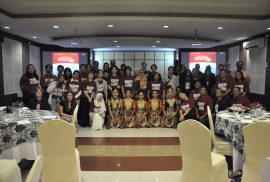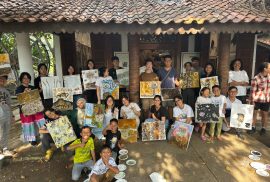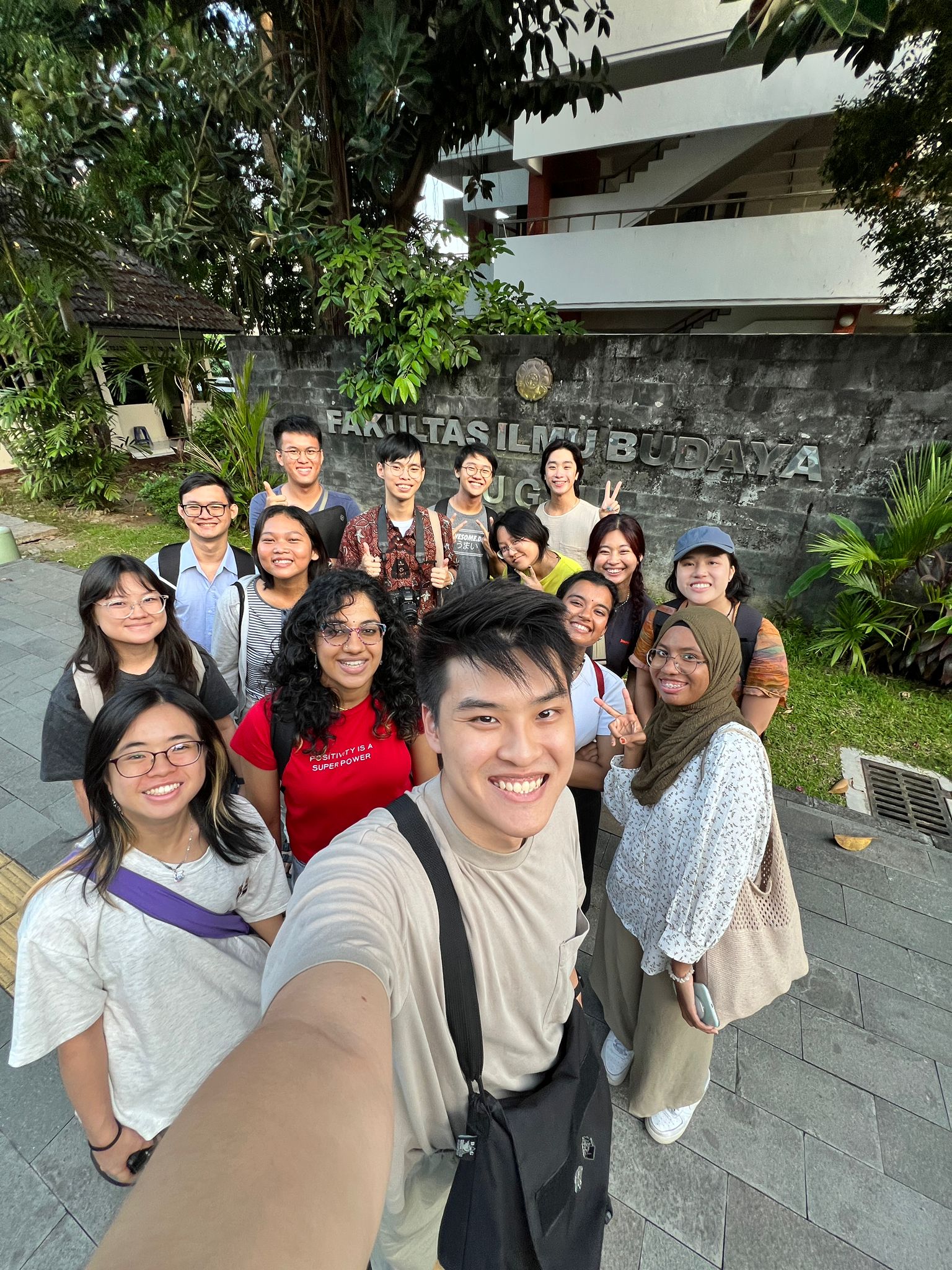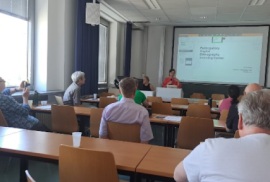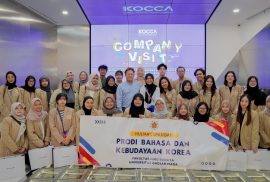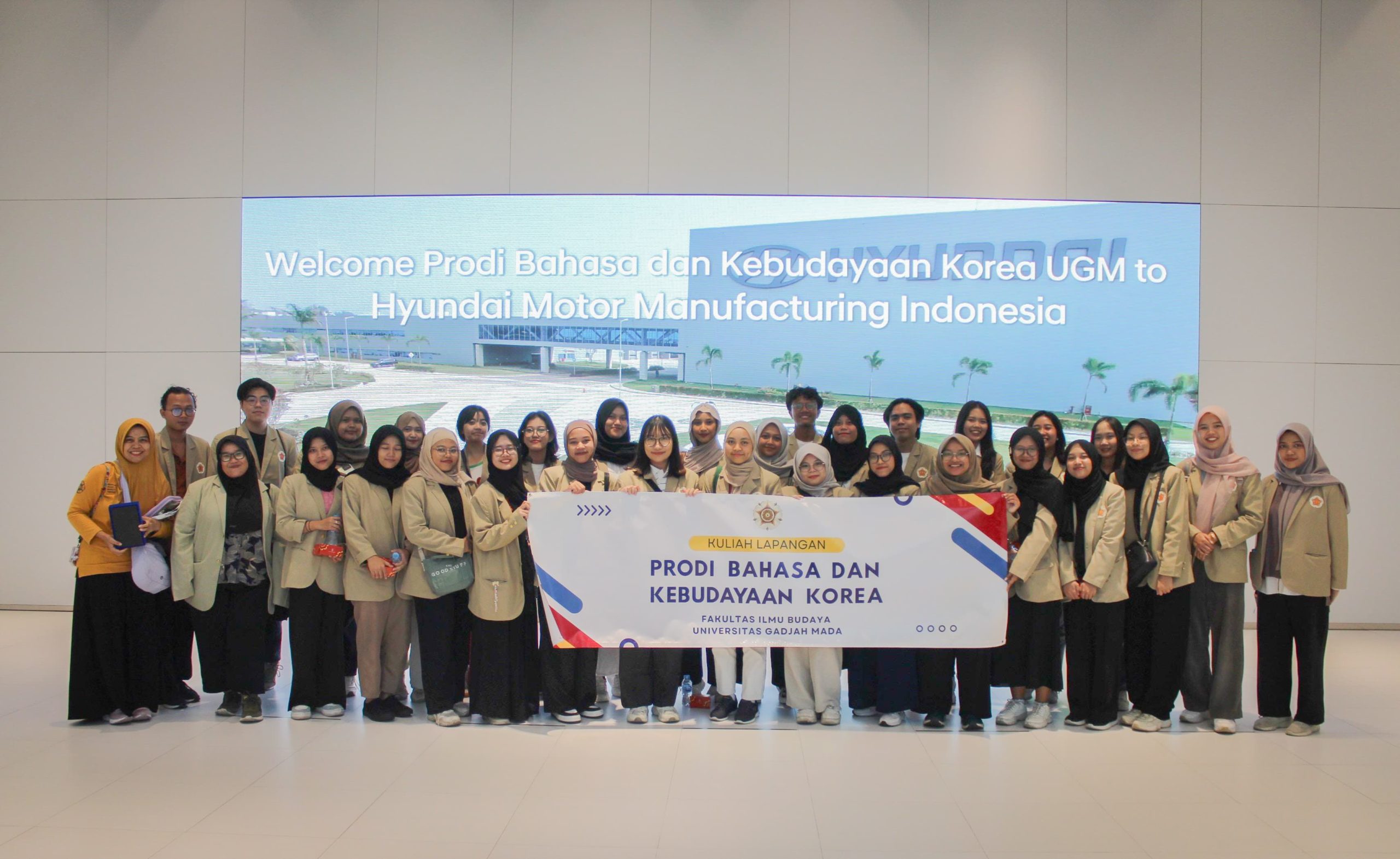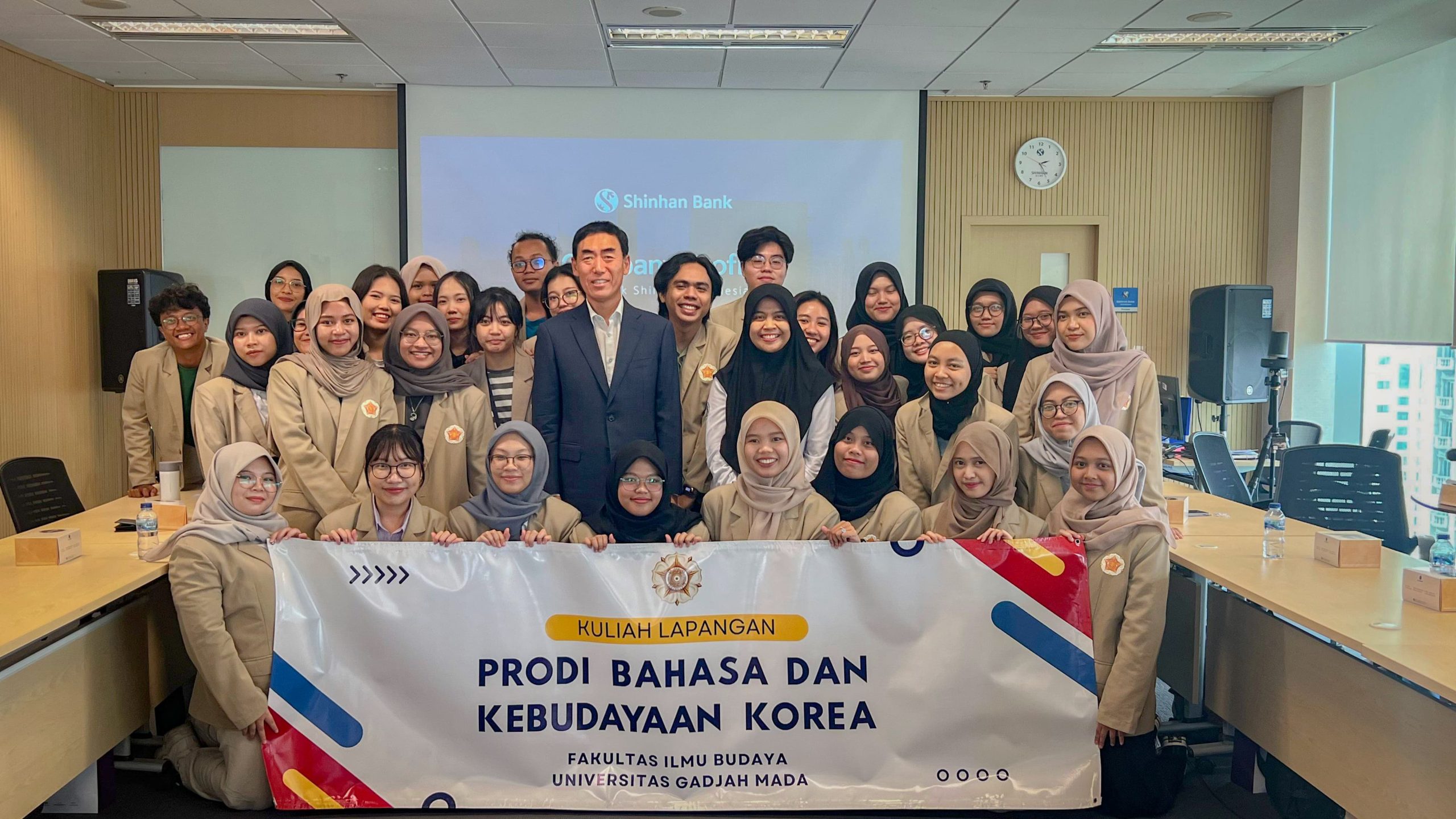The Faculty of Cultural Sciences, Universitas Gadjah Mada (UGM), hosted the opening of the summer course program held at the University Club UGM. This program is a collaboration between UGM, Victoria University (VU), and the Indonesian Institute of the Arts Yogyakarta (ISI). The event took place on Monday, July 8, 2024, from 3:00 PM to 6:00 PM WIB.
The event began with a warm welcome from Dr. Mimi Savitri, M.A., the Vice Dean of the Faculty of Cultural Sciences at UGM. In her speech, Dr. Mimi expressed her hope that this program would serve as a platform for sharing knowledge, skills, and culture among students from the three universities.
Following Dr. Mimi’s remarks, the event continued with a presentation from representatives of Victoria University. They provided an overview of the film project that participants will work on during the program. This presentation was intended to inspire and guide participants in developing their creative ideas.
Next, representatives from ISI Yogyakarta delivered a presentation on the technical aspects of filmmaking. This presentation covered various technical aspects such as shooting, editing, and production. With this technical briefing, participants were expected to understand and master the skills required in the filmmaking process.
After the presentations, there was a traditional dance performance by Sastra Oebah featuring the Birawa Girjita dance. All participants were captivated by the performance.
The event concluded with a discussion and a communal meal held in a warm and friendly atmosphere. This activity provided an opportunity for participants to get to know each other and discuss their projects informally. Additionally, the communal meal served as a moment to strengthen the relationships among students from the three universities.
In this program, participants from UGM, VU, and ISI were divided into several groups. Each group will collaborate to produce a short film as the output of this activity. Through this collaboration, students are expected to develop practical skills in filmmaking while enriching their cultural and academic insights.
This summer course program is expected to serve as a tangible example of successful and sustainable international collaboration, providing significant benefits for all participants and the institutions involved.

